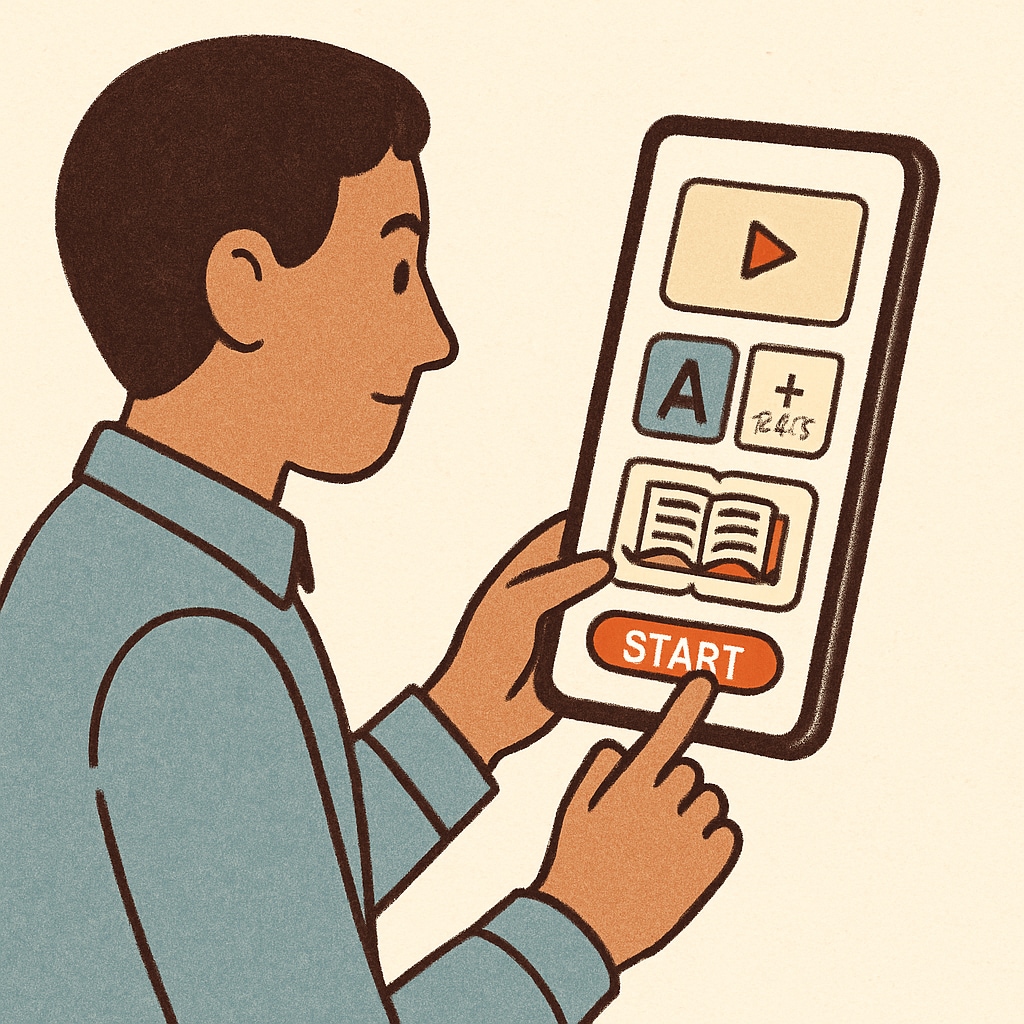For many adults, the gaps in their foundational education can feel like an insurmountable barrier to personal and professional growth. Addressing “adult education, basic learning, and missing education” is not just about filling those gaps; it’s about reigniting the process of lifelong learning. Whether due to socioeconomic factors, family responsibilities, or other challenges, missing K12 education doesn’t mean the end—it’s an opportunity to begin anew. This article explores the challenges and opportunities of adult education and provides practical resources to help adults restart their learning journey.
Challenges in Adult Learning: Why Addressing Missing Education Matters
Adults who missed the chance to complete their K12 education often face unique challenges when they attempt to return to learning. These challenges can include time constraints due to work and family, lack of confidence, and unfamiliarity with modern educational tools and methods. Additionally, many adults may feel intimidated by the prospect of starting over, especially when surrounded by younger learners or navigating new technologies.
However, addressing these gaps is crucial. Studies show that improving basic literacy and numeracy skills can significantly enhance career prospects, self-confidence, and overall quality of life (Education on Britannica). Adult education empowers individuals to participate more actively in society and access better opportunities.

Effective Strategies for Adult Education: How to Start
Starting the journey of adult education requires planning and access to reliable resources. Here are some practical strategies for adults seeking to address missing education:
- Set Clear Goals: Define what you want to achieve—whether it’s earning a GED, learning a new skill, or improving literacy. Clear goals will help you stay motivated.
- Explore Online Learning Platforms: Websites like Khan Academy (Khan Academy) and Coursera offer free and paid courses tailored for foundational education.
- Join Local Adult Education Programs: Many communities offer adult education classes, including basic literacy, math, and vocational training.
- Leverage Mobile Apps: Apps like Duolingo for language learning or Quizlet for study tools can make learning more accessible and fun.
- Find Support Networks: Connect with local community centers, libraries, or online forums for adult learners to share experiences and resources.
By combining these strategies, adults can create a personalized learning plan that fits their lifestyle and goals.

Unlocking Opportunities Through Lifelong Learning
Adult education is more than just filling gaps—it’s about creating new opportunities. For example, earning a GED can open doors to higher education, vocational training, and better job prospects. Similarly, learning digital skills or a new language can enhance employability and broaden horizons.
Moreover, lifelong learning fosters a deeper sense of self-worth and intellectual curiosity. It encourages adults to explore new interests, engage with their communities, and contribute positively to society. As a result, the benefits of addressing missing education extend far beyond the classroom.
For those feeling daunted by the task, remember that every step forward—no matter how small—is a success. With the right resources, support systems, and mindset, adults can overcome any educational hurdle and thrive.
Readability guidance: Use clear goals, accessible tools, and support networks to make learning manageable and effective. Small steps lead to significant progress.


